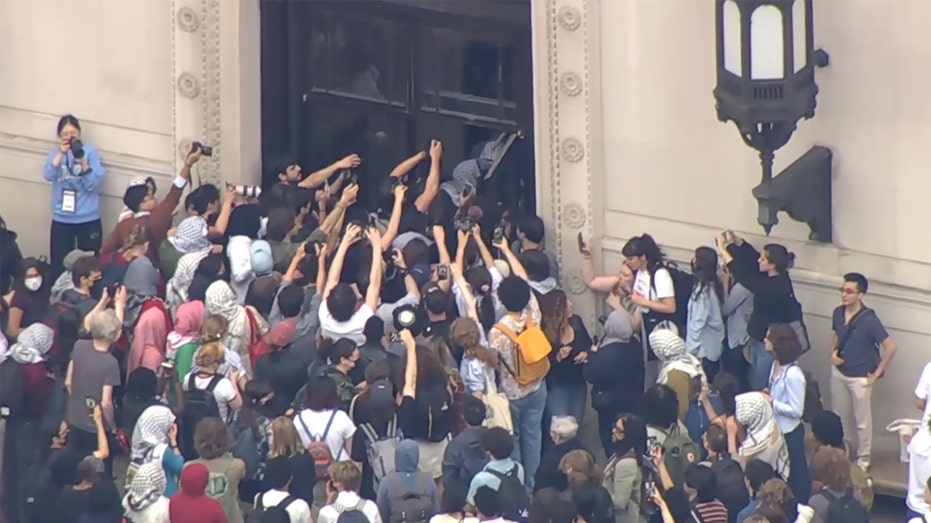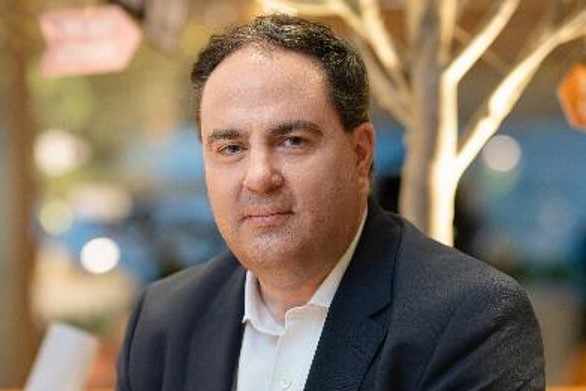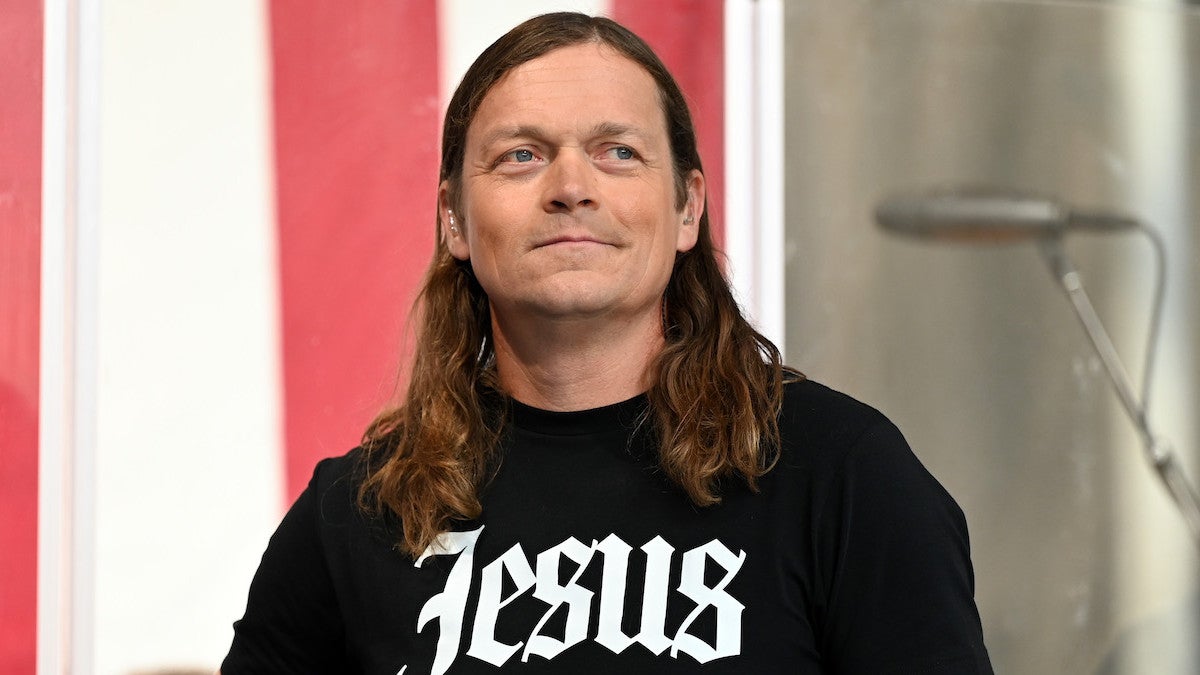Trump is destroying his own presidency — let's finish the job
How will we use the next 100 days and the next 1,000 days to move our country in a better direction?

President Trump’s first 100 days came to a dismal close last week. The president’s approval rating hit a historic low, the economy was likely headed toward a recession, and majorities of Americans were feeling less optimistic about the future.
More people gave Trump’s first 100 days an “F” than any other grade, including about half of independents. People disapprove of Trump’s handling of just about every issue.
Even knowing all that, it was initially a bit of a shock to see a poll showing a majority of Americans agreeing that Trump is a dangerous dictator whose power should be limited before he destroys American democracy. That clarity is very good news.
Americans support constitutional checks and balances and due process under law for everyone, which Trump has trashed. Huge majorities, including most Republicans, reject the idea that the president should ignore or defy Supreme Court rulings he disagrees with.
Trump’s response to all this bad (for him) news was to attack the messengers and threaten pollsters and media outlets. It’s so typical for him that it’s not at all surprising. It is barely interesting anymore.
I am far more interested in what our response will be. How will we use the next 100 days and the next 1,000 days to move our country in a better direction?
By “we,” I mean the American majority that is made up of Democrats, independents and Republicans who still put country over party.
By “we,” I mean the public officials poised to be part of a significant generational shift in political leadership.
By “we,” I mean center-left and progressive advocacy organizations, like the one I lead.
And maybe most importantly, “we” must include the millions of Americans who have lost faith in democracy or seen their disappointments and challenges exploited and manipulated by right-wing strategists.
Regarding that last “we,” one of the people I am listening to is Rob Flaherty, who directed digital strategy for the Biden White House and was a deputy campaign manager for Kamala Harris’s 2024 campaign. Flaherty recently shared insights about the MAGA movement’s effectiveness at communicating with millions of Americans who are not politics-obsessed activists, people who are sick of traditional politics and don’t trust politicians or the mainstream media.
Flaherty describes how “opt-out” voters were introduced to right-wing politics through “a network of influencers, personalities, podcasters and TikTokers who both inflame their bases and push messages into nonpolitical subcultures” — parenting, fitness and the so-called “manosphere,” among others.
This profitable and thus sustainable network pushes political messages into nonpolitical outlets and subcultures far more effectively than strategies that are aimed at reaching people through traditional news and advertising.
Flaherty is calling for a strategic re-think that requires a major investment in building both “our corner of the cultural honeycomb” and “pipelines to everyone else.”
That makes a lot of sense to me. My organization, People For the American Way, was founded by television producer Norman Lear, who was driving political conversations through shows like “All in the Family” years before right-wing strategist Andrew Breitbart ever talked about politics being downstream from culture.
Lear started a national conversation about the dangers of authoritarian religious nationalism by producing a short TV ad featuring a forklift driver who didn’t like preachers or politicians decreeing whether he or his wife was a better Christian based on their political beliefs.
“That’s not the American Way,” he said.
The hardhat ad engaged people at an emotional level, the way the humor in Lear’s TV shows reached people’s hearts and opened their minds.
We must combine Lear’s ideals and Flaherty’s insights into more effective advocacy within today’s radically different media environment. I believe Democratic Party leaders understand the need to move in that direction as well.
That's important, but the cultural communications networks Flaherty is talking about must be broader and beyond the control of the party apparatus and its short-term focus on election outcomes.
That’s how we’ll reach the millions of Americans who instinctively get the danger of too much power concentrated in any one politician’s hands, whose values lean toward fair play, an economy that works for more of us, and laws that apply to and protect all of us.
That’s how we’ll build a better America over the next 100, 1,000 and 10,000 days.
Svante Myrick is president of People For the American Way.










































































